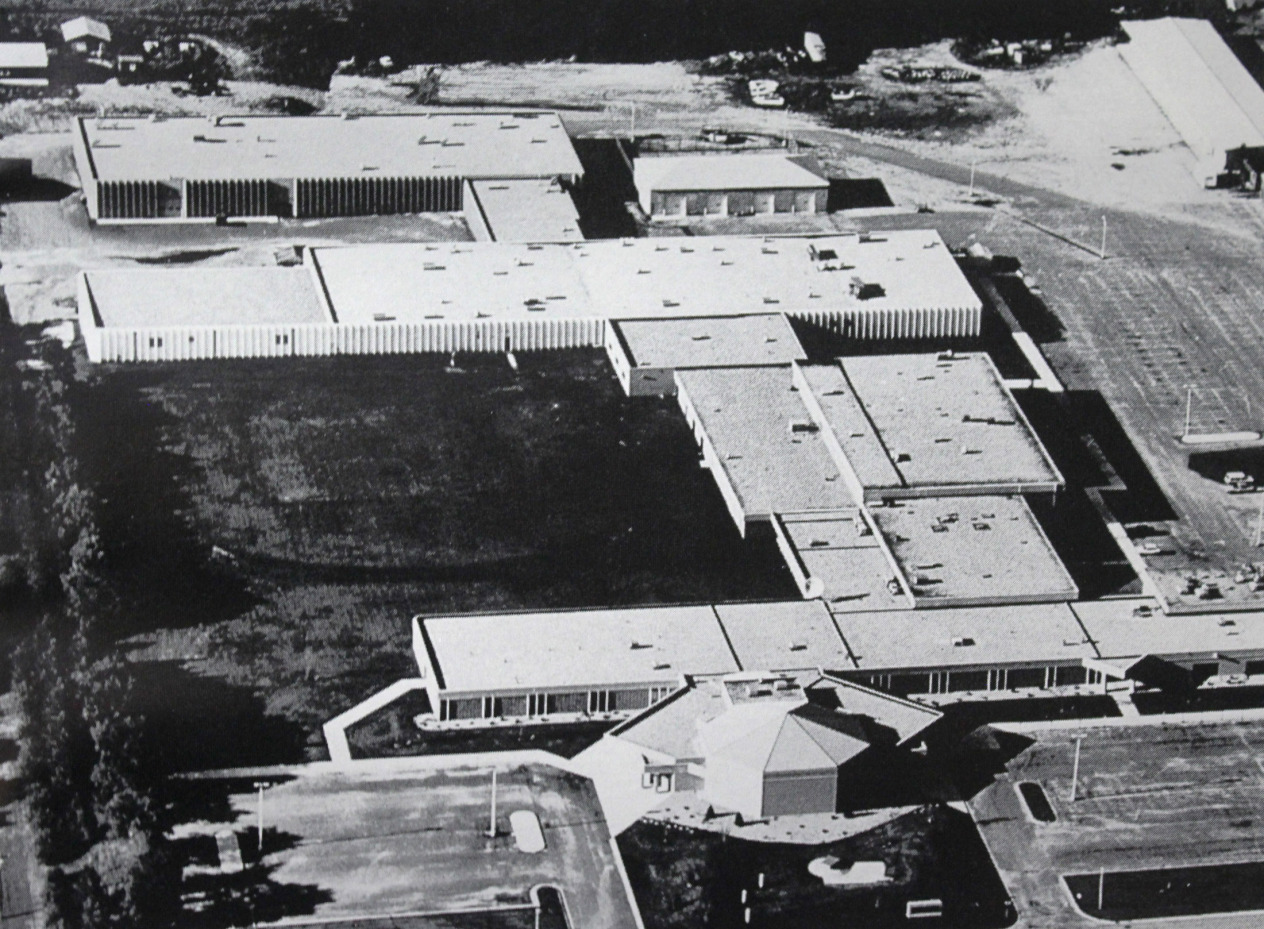Title
HUM1201 - Religion and the American Experience
Description
Description
Meets MnTC Goal Areas 6 and 7. This course will explore the relationship between religion and the ongoing development of American culture, especially as it relates to the role diversity plays in American history, arts, entertainment and institutions. Students will explore the variety of religious traditions that have been a part of the American experience and how they impacted and adapted to a changing national identity. Topics may include Native American thought and colonialism, the part played by Protestantism in the development of American ideals, the role of race and immigration in American religious identity, and the contemporary struggle among traditional Christian thought, secularism, reclaimed primal religions and modern world religions.
API ID
Credits
3 (3/0/0)
Competencies
- Identify major differences in the world view of Native people and Europeans at the time of European contact.
- Explain the role that religious world views played in encouraging colonial development in the New World.
- Articulate an informed opinion of the role religion played in the founding of the United States of America and the establishment of government and social institutions, especially as it relates to significant documents that contributed to the establishment of government and law.
- Describe the impact religious thought had on western expansion, particularly as it was manifested in the doctrine of Manifest Destiny.
- Explore the growth of American Protestantism and the doctrinal disagreements that explain the diversity of thought among American Protestants.
- Survey the doctrinal positions of the most common Christian denominations in the United States and consider the philosophies that produced them.
- Compare the impact of various world religions on changing social, cultural and political norms since World War II.
- Examine major changes in government policy with an eye to the role religion plays in developing these policies.
- Consider the role of religion in popular culture, particularly in literature and cinema.
Goal Areas
6. The Humanities and Fine Arts
7A. Human Diversity
